Let’s face it – hair is a big deal.
It can be a form of expressing ourselves, and it can (and often does) show the inner state of our bodies.
We’ve even divided our days into “good hair days” and “bad hair days.”
Guess which ones we prefer.
However, sometimes it happens that our hair needs a little… boost, so to speak. For one reason or another, it starts looking limp, seems like it stopped even growing or it starts falling out.
But, if you’re considering a little boost in the form of hair supplements, we’re here to help you see whether this is the right decision for you.
What are Hair Supplements?
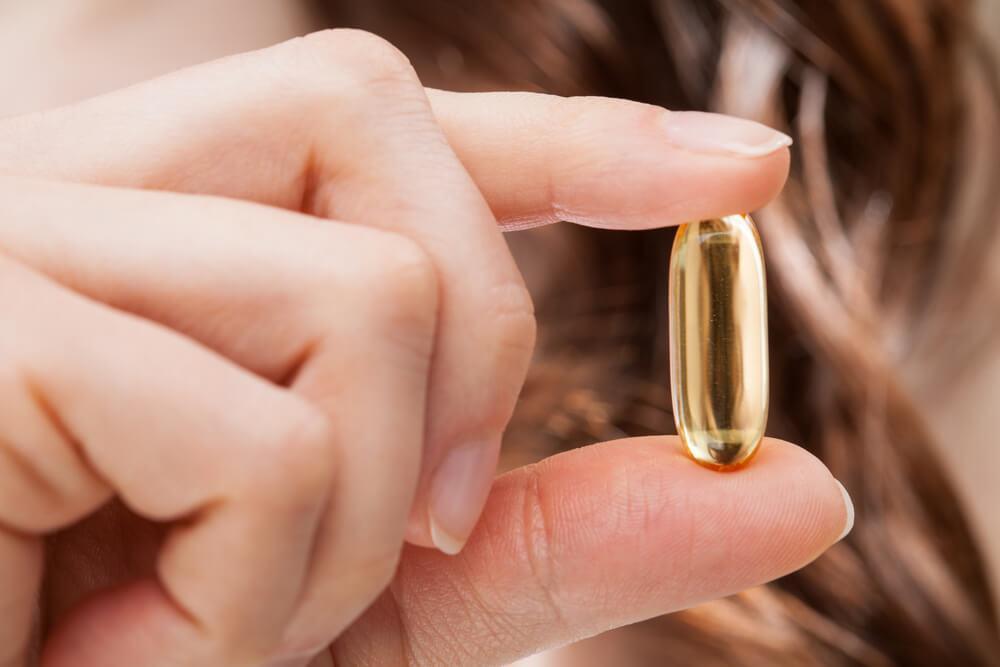
Hair is actually the second-fastest growing tissue in our bodies (second only to bone marrow!) and it does need a lot of nutrition to do that. Without that nutrition, you may experience some problems.
Hair supplements usually contain products such as vitamins (almost every one you can think of), keratin, biotin, collagen peptides, hyaluronic acid and the various combination of the aforementioned. Everything that your hair needs. They are used on a daily basis to help the condition of your hair, whether you are dealing with hair loss, greasy or dry hair and many other problems.
They usually come in two forms – capsules or flavored gummies. Some people prefer the clinical side to it all and prefer simply taking a pill instead of chewing on gummies. But we do have to admit – gummies can be pretty yummy.
You get to have your cake and eat it, too, in this case.
Why Do We Have Hair Problems?
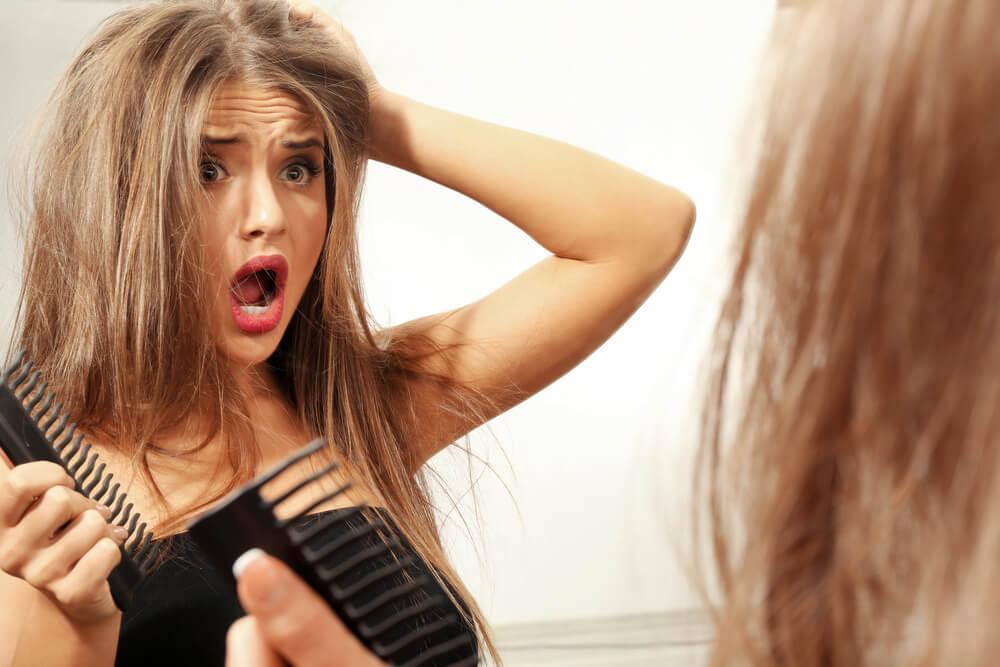
We all love when our hair looks perfect, when it’s easy to style. But that is often not the case. Sometimes, you can notice that your hair has noticeably changed. It is possible that it’s getting thinner, that your strands are getting weaker, or you start having problems with your scalp and sebum production.
And if you do notice that, it might be time to do something about that.
Some of the major problems that people report with regard to hair is hair loss/thinning, damaged hair or even drier/greasier hair.
It is important to keep track of the health of your hair, so you can respond quickly if you notice something unusual.
For instance, people tend to lose on average 80 hairs a day. And that is completely normal. Buuut, if you notice more shedding, or that your hair isn’t growing back the way it used to… well, there might be a problem there.
There are two reasons for hair issues:
- Genetic – Some people are simply genetically predisposed to hair thinning or dry/greasy hair. There is not much you can do in this case, although you can try some newer options that have popped up recently. However, don’t do anything without consulting an expert!
- Reactive – Some people experience hair loss and general change in hair dryness/greasiness as a result of some sort of trigger. This is a result of some kind of internal imbalance of upset (which could be a nutritional deficiency, stress, illness or even crash diets).\
When it comes to reactive type of hair problems, there are six most common triggers that might affect your hair:
- Stress – Ah, yes, the plight of the modern age. Many people do not consider stress to be all that dangerous, but in truth, stress can cause numerous other ailments in the body, including hair loss. Basically, stress can raise male hormone levels, which can later on cause hair loss. Additionally, stress can trigger problems with your scalp, and disrupt your eating habits enough so that this, too, impacts your hair in a negative way.
- Hormonal imbalance – Hormones are really… tricky, to say the least. If something is wrong with our hormones, you better believe it we will feel it. In our whole bodies, including our hair. Women often lose hair after childbirth or when they enter menopause. Aside from genetic reasons, like male pattern baldness, men’s hormonal composition can also change with age and cause hair loss.
- Nutritional deficiency – While hair loss is mostly connected with zinc and iron deficiency, there is some evidence to show that low intakes of other vitamins and nutrients could be the culprit for that, and we’ll expand on that later.
- Age – Yes, even age can affect your hair in more ways than one. We all know that hair turns gray as we pile on those candles on the birthday cake, but age also slows down the growth of your hair. As a result, your hair strands become smaller and your hair thins out. It is also not unusual that the production of sebum simply changes with age.
- Thyroid problems – Not many people know this, but your thyroid is a pretty big deal. The hormones produced by the thyroid gland regulate many important functions in the body such as metabolism. If you have hyperthyroidism or hypothyroidism, that is, if your thyroid is overactive or underactive, you may experience hair loss and hair thinning as a result.
- Styling products – Basically, and you probably already know this – the products you use to style your hare have quite the impact on its health and growth. That is why you need to be extra careful when choosing the products for you. Also, did you know that tight buns, ponytails and complicated hairstyles can also significantly damage your hair? You need to be extra careful for that, as well.
Nutritional Deficiencies That Affect Your Hair
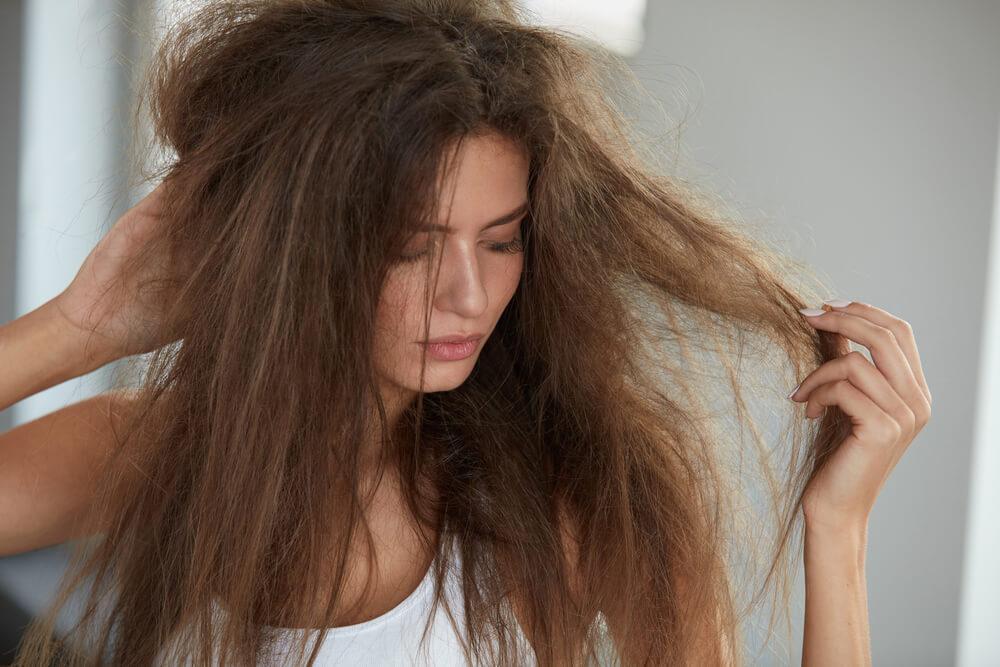
When it comes to things that we are actively doing to our hair (that, thankfully, we can correct), nutritional deficiency is something that most of us can prevent, if we simply discover what the issue is.
If you believe you may have some sort of nutritional deficiency, it is recommended to talk to your doctor, so that you can discuss the best course of action.
Some types of deficiencies can and will affect your hair. These include:
Iron deficiency
Iron deficiency in general is quite pervasive. Many have it, but don’t know that some of their ailments are actually caused by it. Iron deficiency causes tiredness, paleness, headaches, dizziness, shortness of breath, even heart palpitations, as well as damaged skin and hair.
When your body is iron deficient, it actually directs the limited oxygen it has to more important functions – organs and other bodily tissues.
While hair may be a priority in our mind, our body does not feel the same way.
So, if you’ve experienced some of these symptoms, aside from hair loss/thinning, you may need to look into iron supplements to improve your overall health, not just the health of your hair.
Zinc
Zinc is really important to many biological processes, such as the breakdown of micronutrients, as well as carbohydrate, fat, and protein metabolism. And the breakdown of these nutrients is, again, important for hair growth.
As some studies have shown, zinc deficiency is very common because it is not actually easily absorbed by the body. This is why supplements with zinc can be quite beneficial when you’re experiencing hair loss.
Protein
Basically, hair, like muscles and skin, is made of protein, there is no getting around it. Protein plays a crucial role in all tissues of the human body.
If you’re experiencing a deficiency of protein, your hair will most likely suffer as a result. And not only your hair, but also your skin and nails.
Most food have protein in some form, so protein deficiency is not that usual in so-called “developed countries.” However, you should take particular care if you’re vegan or vegetarian and find suitable replacements for protein typically received from meat.
Omega-3 fats
If you have an omega-3 deficiency, this will also impact your skin, hair and nails. In fact, if you’re good on the omega-3 side, your hair will be lustrous and shiny. (And isn’t that what we all crave?)
Another benefit of omega-3 fats is that they actually support hair thickening, so this might be a good option to explore if your main concern is hair thinning.
A common sign of omega-3 deficiency is a dry, itchy scalp and even greasy hair, as omega-3 fatty acids help balance sebum production in the body.
A, B, C, D, E…
No, it’s not the alphabet… well, in a way, it is, but we’re now talking about the reason why your mother made you eat all that fruit when you were a child – vitamins.
You don’t need us telling you that vitamins are simply vital.
And many of them actually impact our hair in significant ways. So, it’s not surprising that you will encounter some hair problems if you’re deficient in some of them. Let’s take a look at the most important vitamins for hair:
- Vitamin A – All cells in the human body require vitamin A for growth, and hair cells are no different. Vitamin A also aids skin glands in making sebum, which in turn moisturizes the scalp and keeps your hair healthy as it can be. When you’re deficient in this vitamin, the body reacts by halting the hair growth process. This leads to a decrease in hair cell regeneration and growth, which means that hair follicles remain in the resting phase for longer than usual. But be warned, excess of vitamin A can also cause hair loss, which is why balance is key!
- Vitamin B – In general, vitamins such as B6, B7 (biotin), B12 and B8 are very much necessary to maintain healthy hair. Vitamin B deficiency and hair loss are quite frequently interrelated. If, in addition to hair loss/thinning, you experience lack of energy, dry skin, early grey hair, and mouth ulcer, this may mean you’re deficient in B complex vitamins.
- Vitamin C – Have you been eating enough oranges, lemons? No? Well, your hair is going to feel it. Vitamin C is significant because it helps your body create collagen – which, as we know, is an important part of hair structure. Also, vitamin C helps your body absorb iron, and we’ve already noted that it is necessary for hair growth.
- Vitamin D – This vitamin also stimulates cell growth and helps create new hair follicles. Without sufficient vitamin D, new hair growth may be stunted. Deficiency of vitamin D has also been linked to alopecia.
- Vitamin E – It helps support healthy scalp and hair because it has natural antioxidant effects. These in turn help with maintaining hair growth.
Would You Benefit from a Hair Supplement?
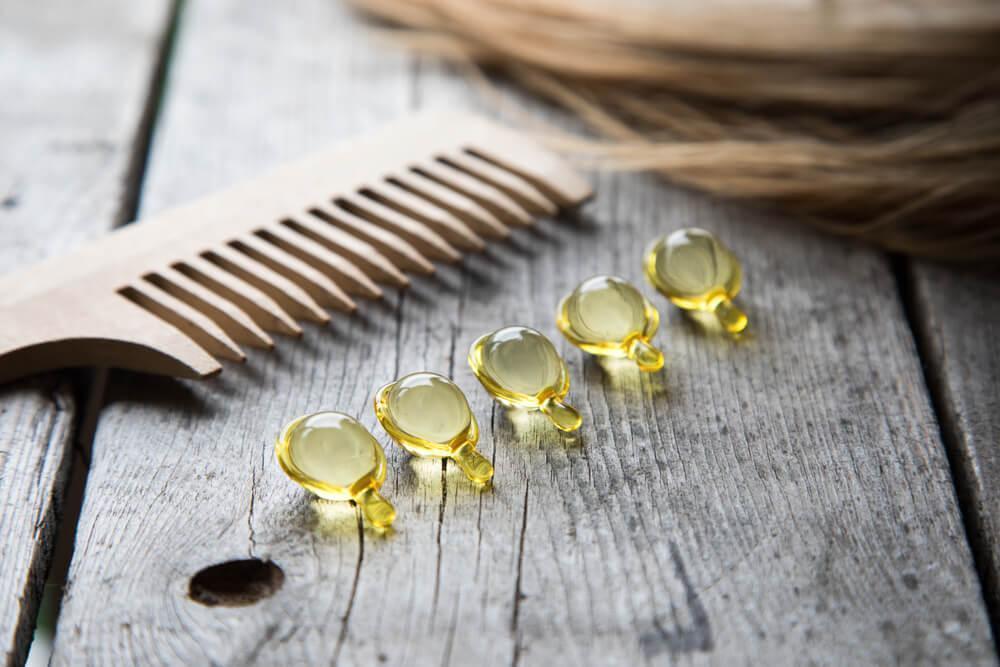
In general, if you’ve noticed a change in the length, thickness of your hair or the sebum production on your scalp, this requires further investigation.
As we’ve mentioned, hair problems may stem from, well, simply your genetic makeup. In that case, there are currently a few available treatment options, but most only manage it instead of solving the problem.
However, if your problems are reactive, the main issue is the need to pinpoint the problem. You should work with a dermatologist and your hair stylist to find the best solution for you.
If you’ve found out that you have some sort of deficiency, most experts agree that hair supplements will actually help, but to an extent. In that case, the first thing you need to do is to do a test to discover what type of deficiency you have, so you could know how to treat it.
However, be warned, most hair supplements are not FDA-regulated, so you will have to do a lot of research.
And we mean a lot.
Since there are many hair supplements on the market, navigating it can be quite overwhelming. Even if you select something that you feel is suitable for you, make sure that you discuss it with your doctor and a hair professional.
Hair supplements can be beneficial in general, but that depends on the cause of your hair problems and the ultimate goal you want to achieve.
Also, don’t expect fast results, because, as we know, Rome wasn’t built in a day.
So, patience, research, and dedication is what you need if you want your hair supplements to work.
Good luck on your journey to healthy and shiny hair!

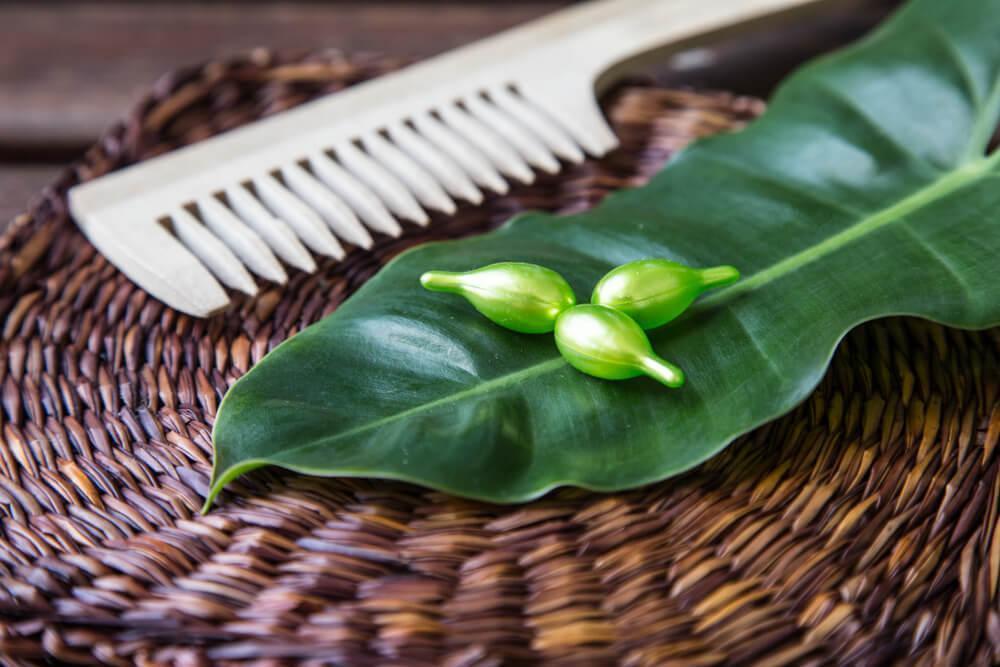
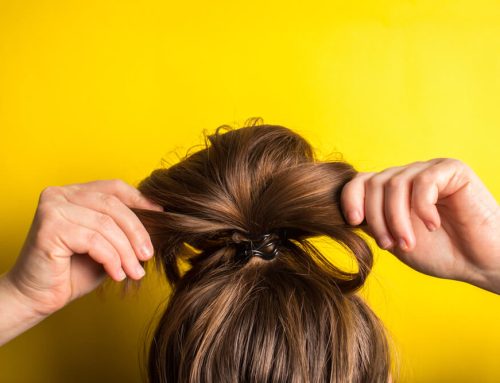
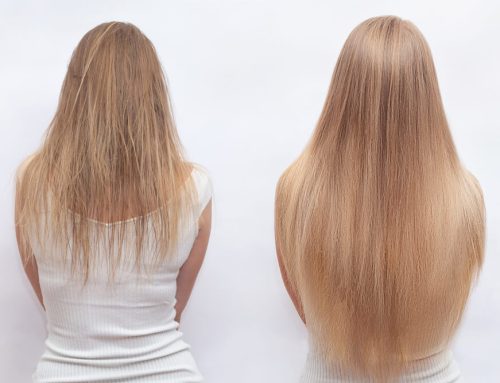
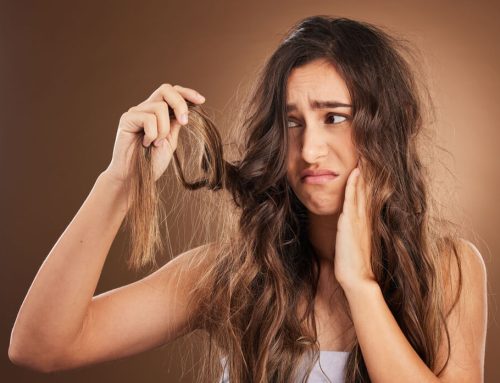

Leave A Comment